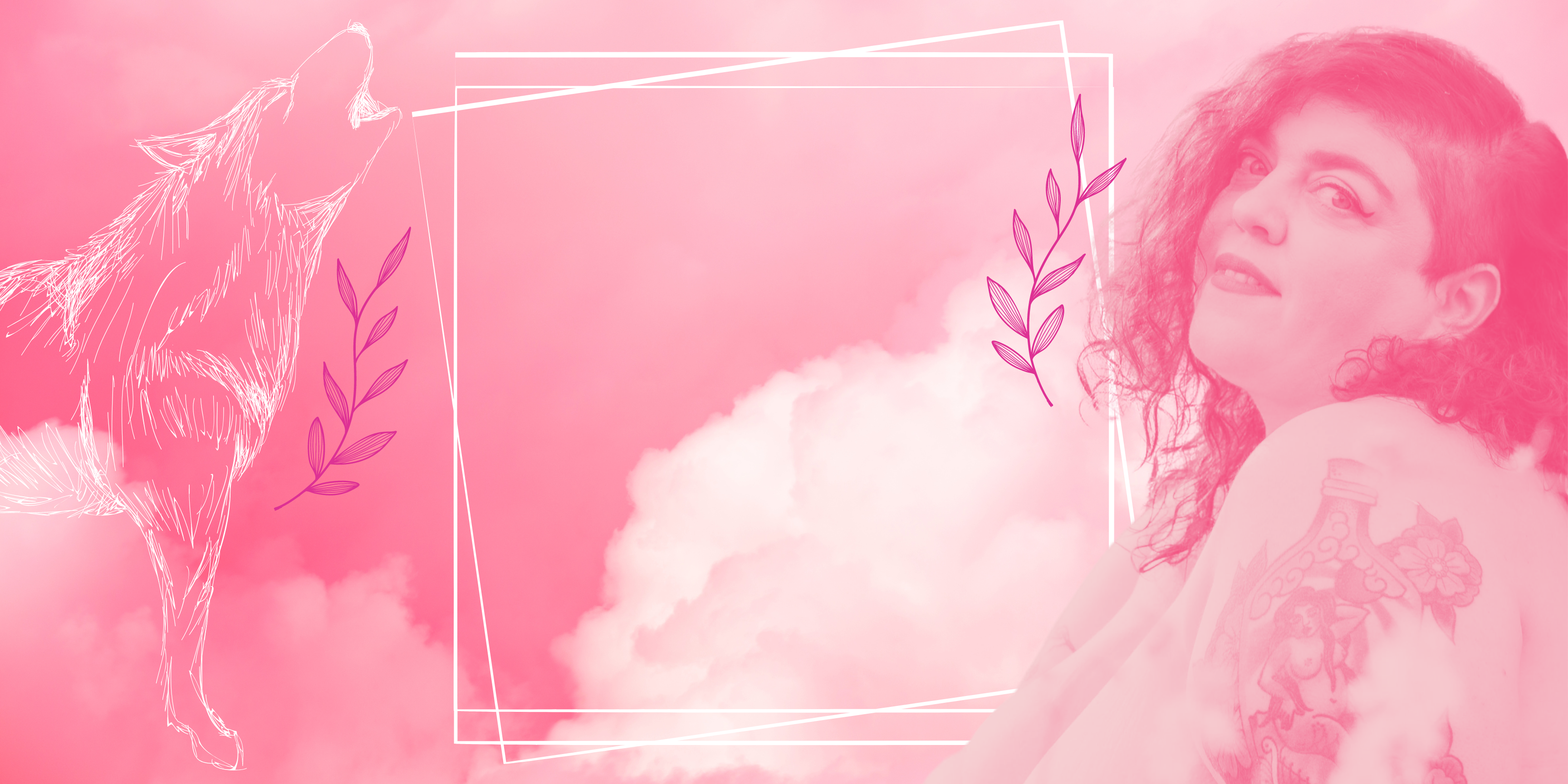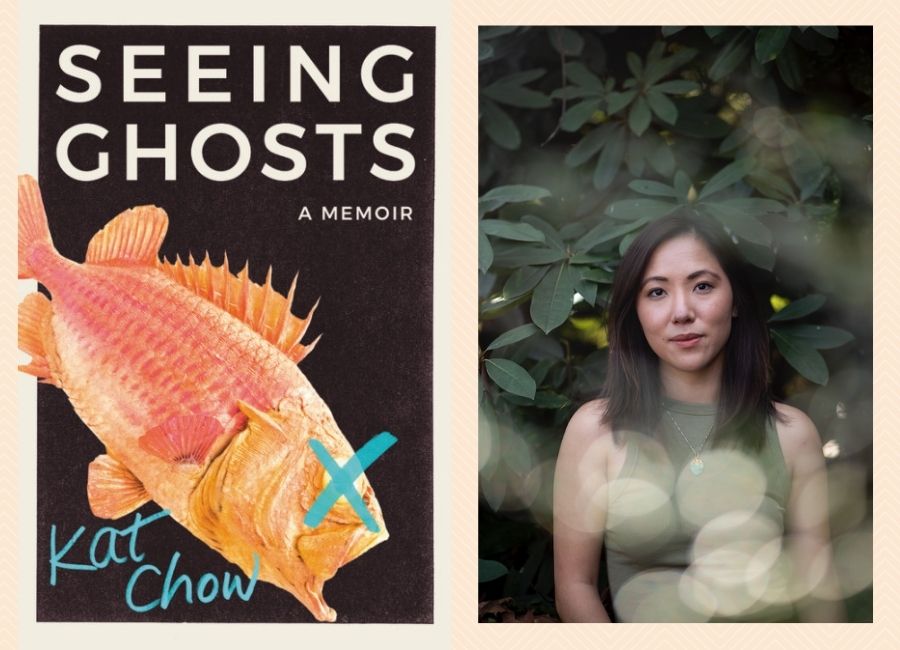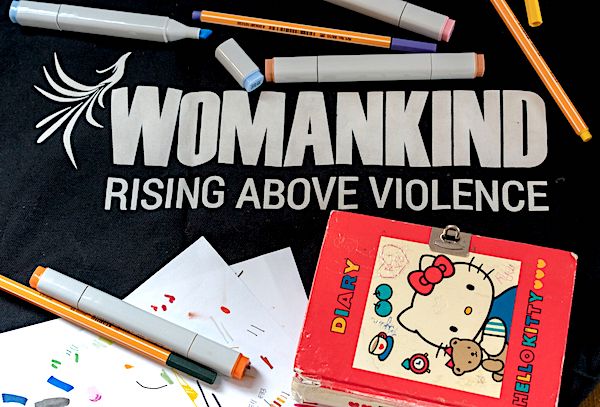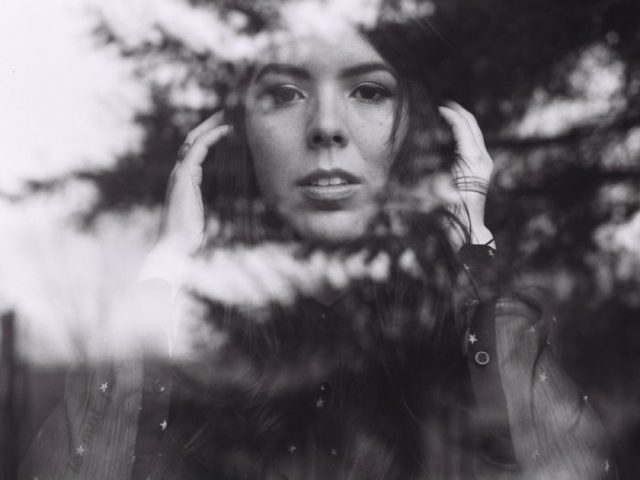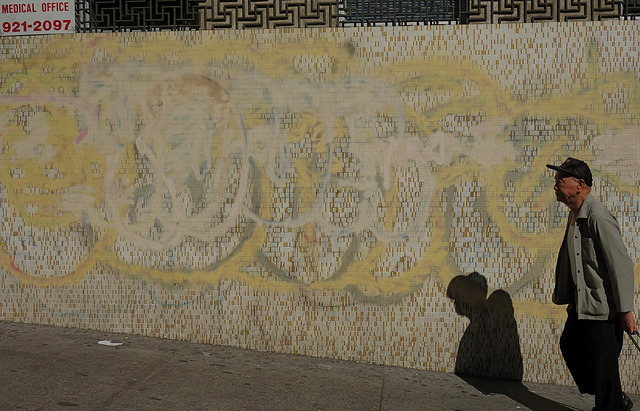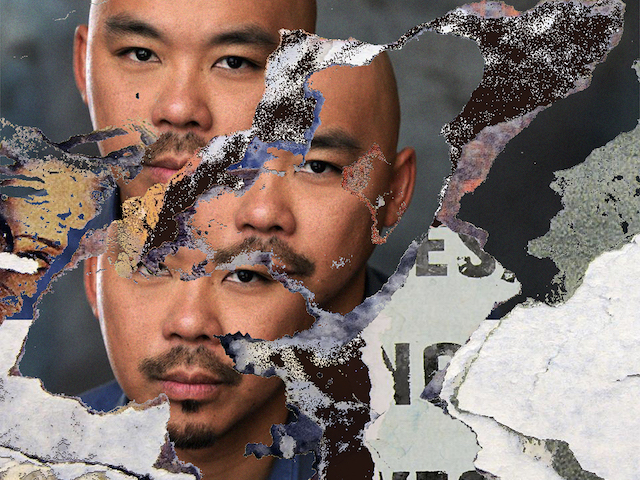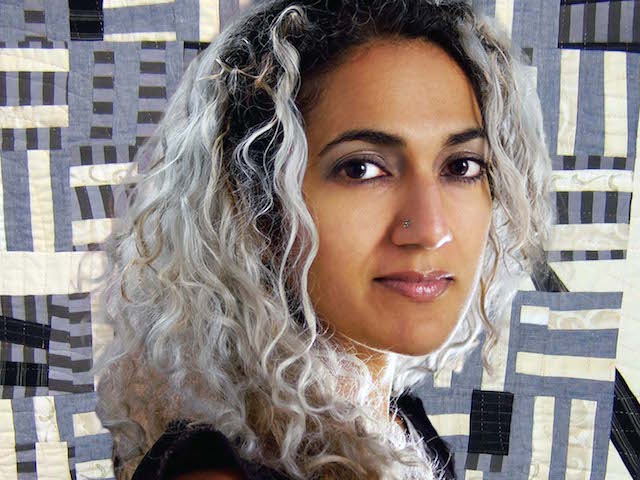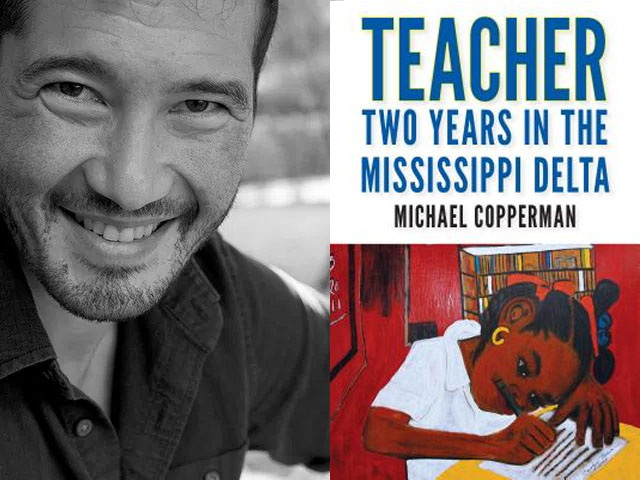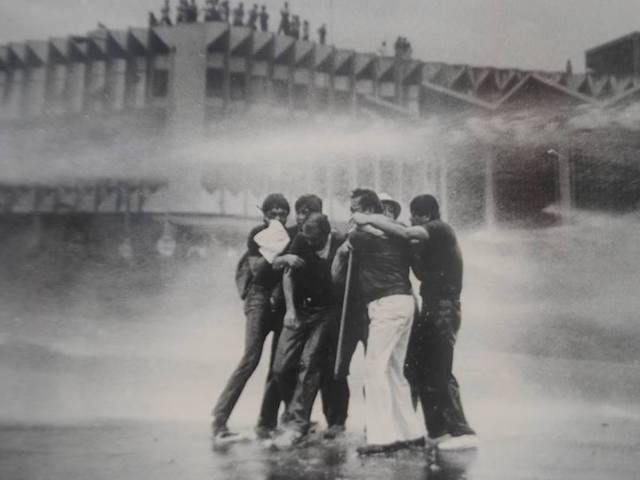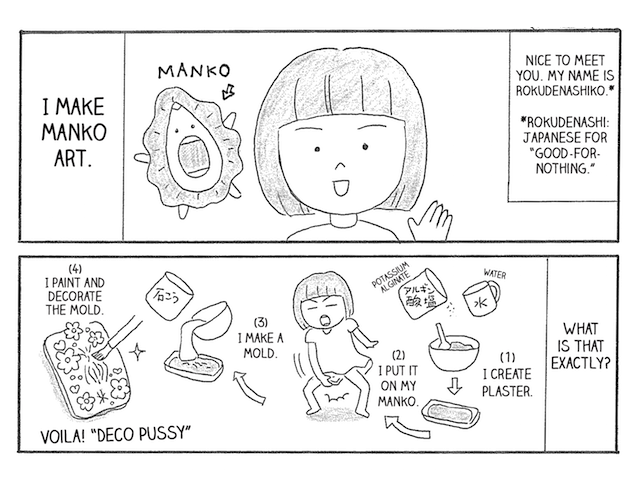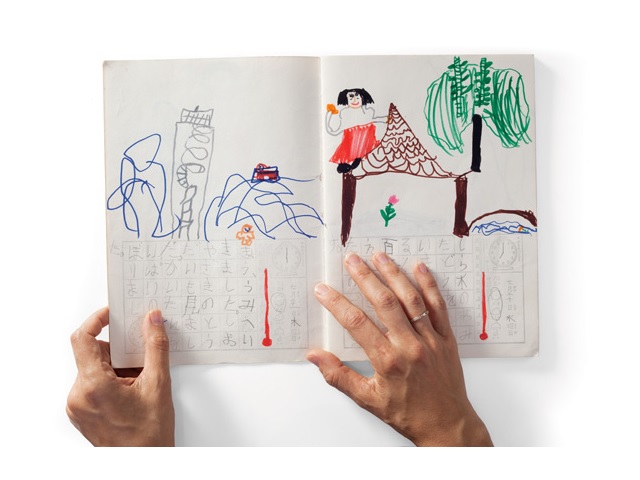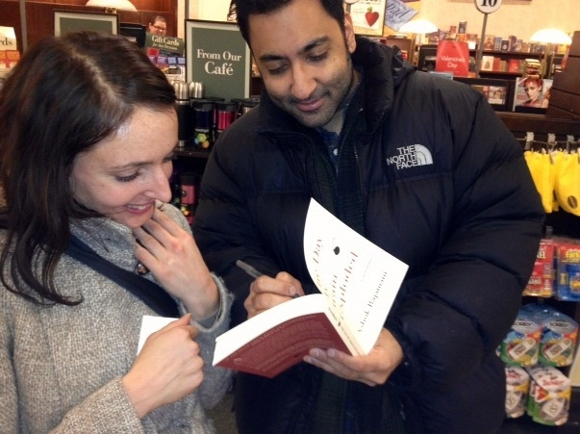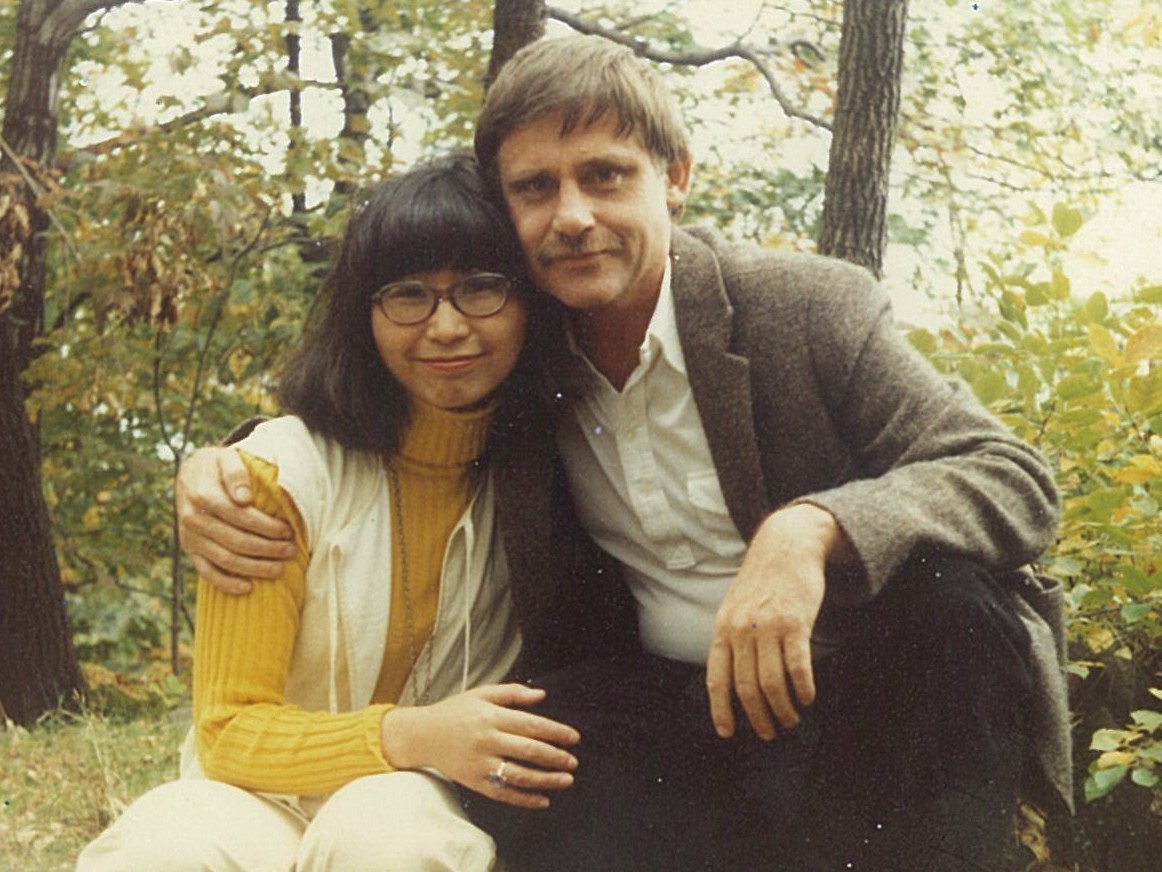A conversation with Randa Jarrar
“What debts—monetary, emotional, filial—did my parents have that I’ve inherited?”
Mom and I would share toast, shedding crumbs all over the bed while I asked her other questions, like if it was possible to move things with your eyes, what the word “fuck” meant, if angels existed or if she could tell me the story about when she and Dad got me from Nanchang.
How caring for children is helping me reckon with my own childhood abuse.
“Magic and writing, it’s all misdirection, defamiliarization, and at its best, the ahhhhh moment of surprise.”
With only the moonlight, we could barely see what we’d tag. All around my tag were faded names, names we didn’t bother to read in the dark—our graffiti forebears. One day, we too would be unread.
Dickson Lam talks about cultural memory, cross-generational trauma, and familial separation in his new memoir Paper Sons.
She felt her frozen image splitting, cracking a webbed pattern over her. She fell like shards of ice and glass sprinkling, twinkling, and shattering like diamond rain upon her mother.
Suppressed sexual violence in the name of revolution lay in the abyss of our consciousness.
The writer talks about her new memoir, Olive Witch, subverting her identity, and the tenuous link between memory and writing.
The writer and teacher speaks on navigating Mississippi’s racial politics and his experience in public education as “forged in violence.”
Christine Hyung-Oak Lee talks about her new memoir, the restorative power of writing, the doubling that haunts her life, and why Slaughterhouse-Five is a permanent part of her mind.
The newspapers were quick to christen the members of the underground movement with new names: subversives, communist insurgents, terrorists, guerrillas, rebels. Yet in my mind, they were simply family.
The story behind Japanese artist Rokudenashiko’s arrest for her vagina-inspired sculptures
The author of Picking Bones from Ash on Japanese Buddhism, tsunami survivors, and her trip into the “exclusion zone”
Kyla Cheung talks to Ashok Rajamani about his uniquely humor-filled memoir recovering from an aneurysm at the age of 25.
In her new memoir, the famed documentarian writes about coping with grief after losing her husband of 30 years.
We would like to collect information during your visit to help us better understand site use. This data is anonymized, and will not be used for marketing purposes. Read More on our Privacy Policy page. You can withdraw permission at any time or update your privacy settings here. Please choose below to continue.

